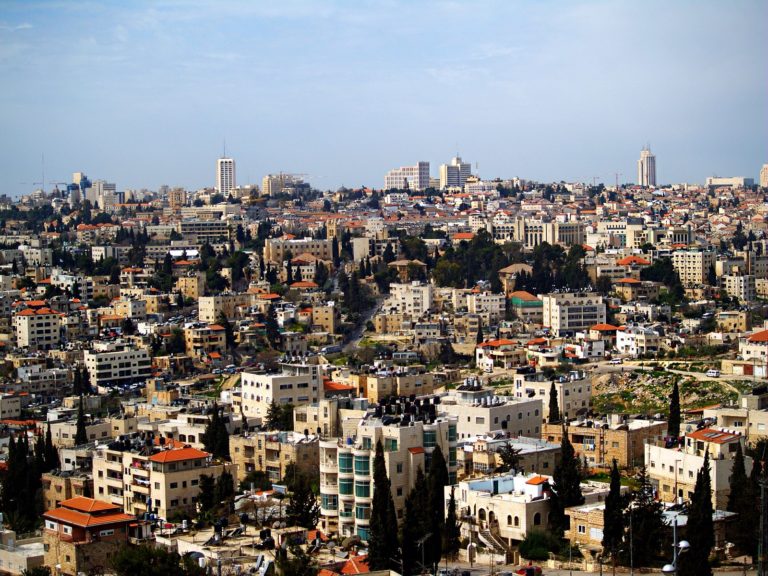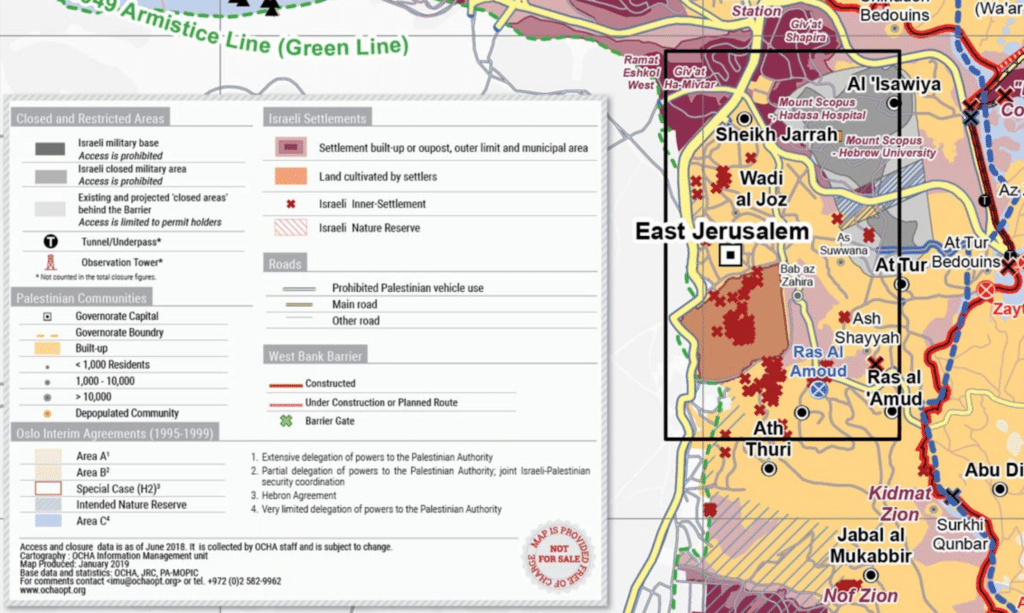
Israel’s attorney general notified the country’s Supreme Court Monday that he will not intervene in the decision surrounding evictions in Jerusalem’s Sheikh Jarrah neighborhood.
“In view of the many legal proceedings conducted over the years in relation to the real estate at the center of the dispute, the attorney-general came to the general conclusion that there is no room for him to appear in the proceedings,” a statement from the office of Avichai Mandelblit said.
The decision by the attorney general means the ruling on the case now rests with Israel’s highest court. The Supreme Court delayed its decision in May, asking the attorney general to weigh in on the evictions of four Palestinian families. The attorney general’s office now has done that, saying that the case is “too weak” adding that his legal opinion would not be able to prevent the evictions.
According to Haaretz the decision has the backing of the Israeli government. Two lower courts have ruled in favor of the evictions.
The legal debate

The evictions center around a 1970 Israeli law which gives Jewish Israelis the right to reclaim East Jerusalem properties that were once owned by Jews before 1948, as long as they could show proof of ownership or expulsion by the British or Jordanians. Palestinians who lost their land do not have the same legal right to sue for property lost after the war.
In 1972, the Sephardic Community Committee (which previously owned the tomb of Shimon Hatzadik) first sued for ownership over a property in the neighborhood, and the court ruled in their favor in 1976.
Then in 1982, residents signed a legal agreement that allowed them to remain in a Sheikh Jarrah property as long as their status changed from owner to tenant and that they would pay rent. Since then, the Palestinian signers say they were coerced into signing and no longer recognize the agreement.
The families at the center of the new case were reportedly offered a similar deal by Jewish developers but that was turned down. The offer allowed the Palestinians to stay in their homes paying rent as long as the signee was alive.
Sheikh Jarrah shot into the international spotlight in the 2000s when Israeli courts ordered the evictions of three Palestinian families following a series of lawsuits. There have been no court ordered evictions since 2009, but new cases have been making their way through the legal system like the current case that is making headlines.
